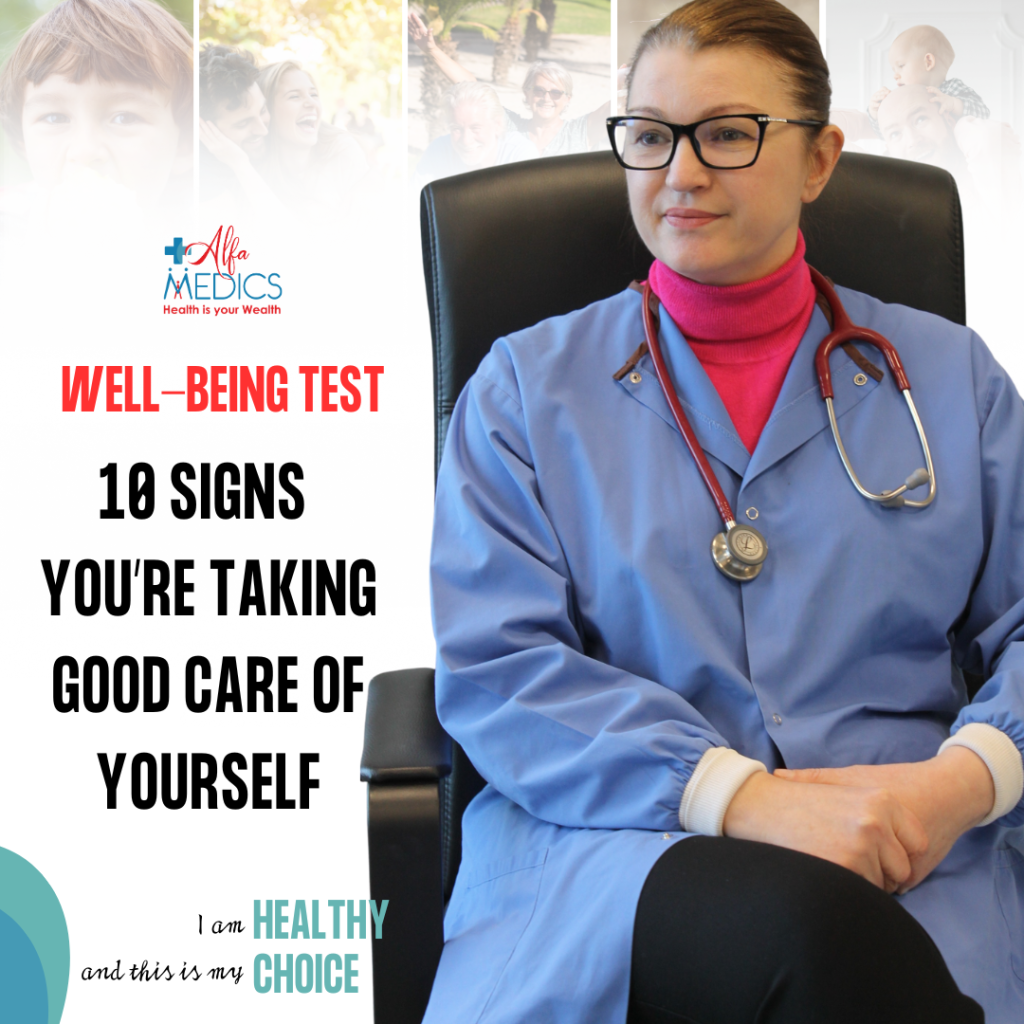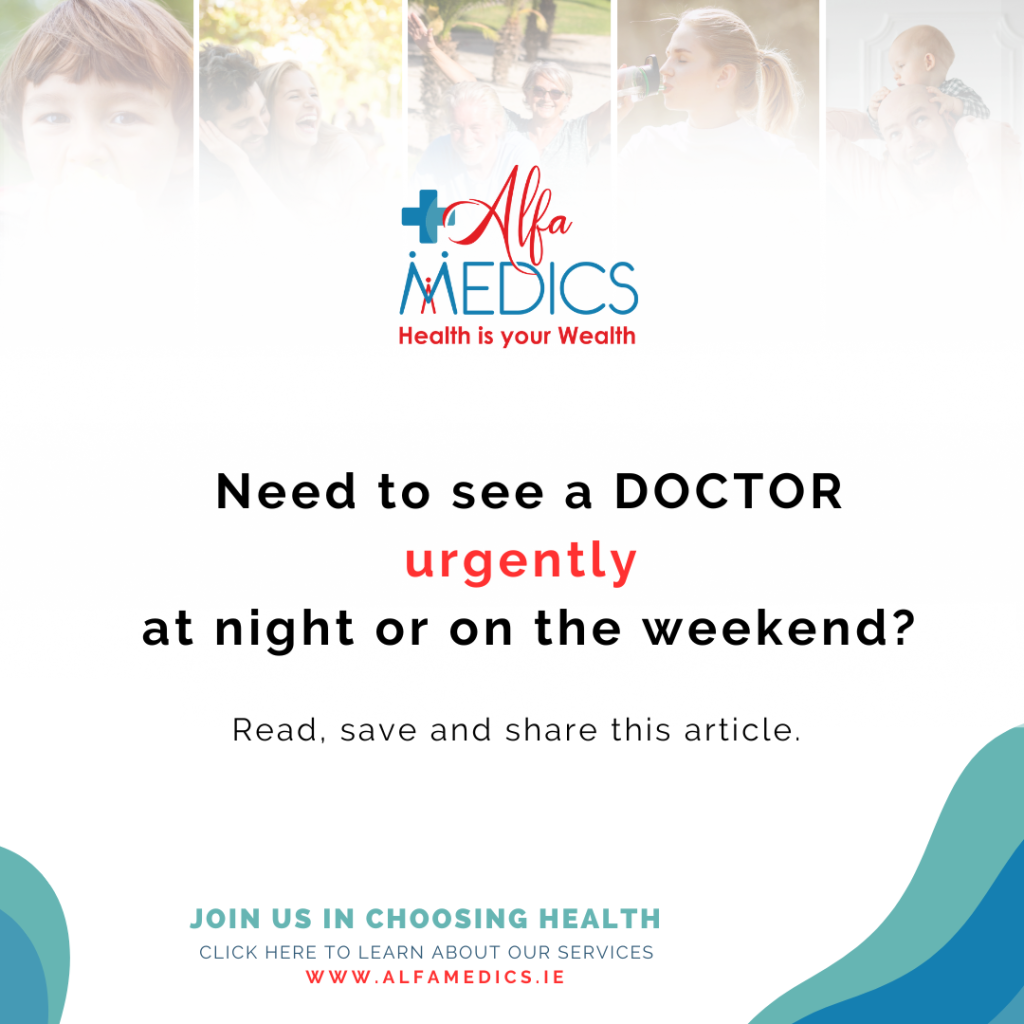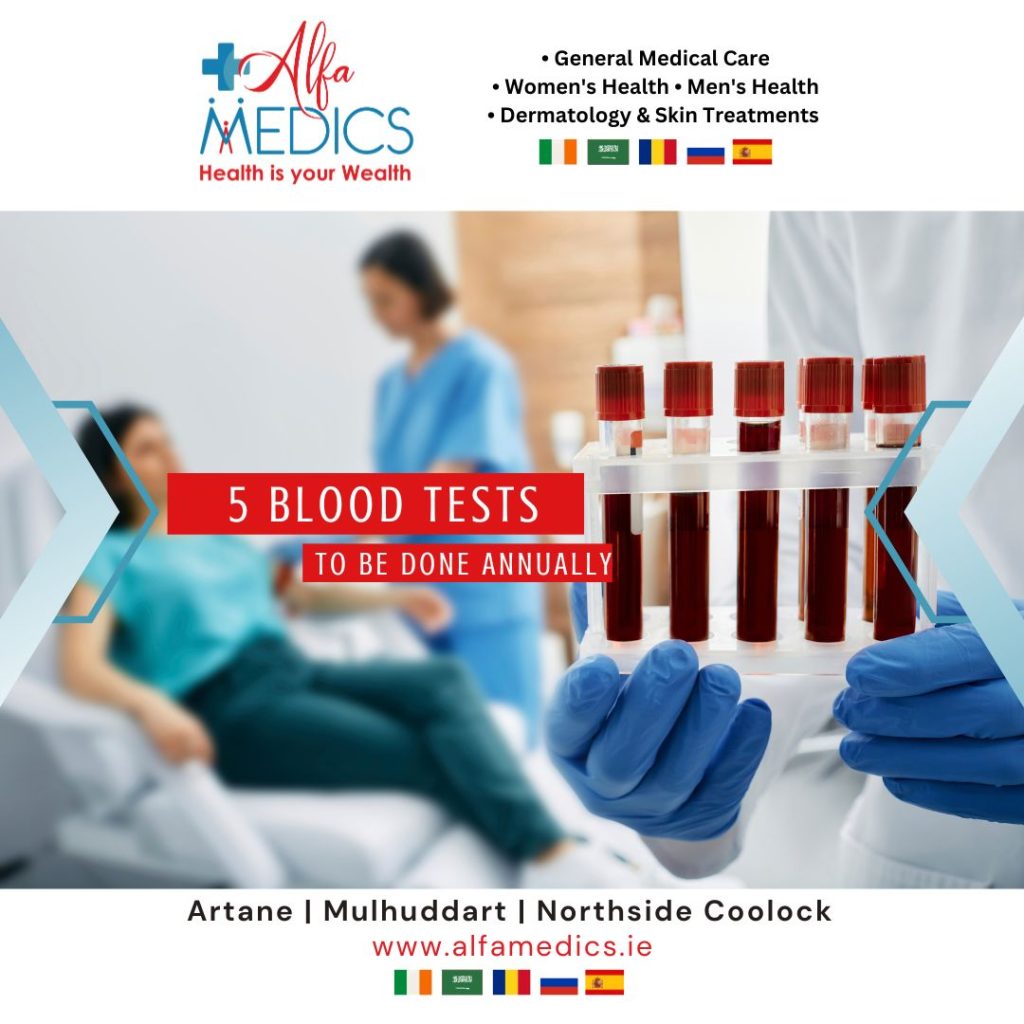Spirometry is a simple, non-invasive test that measures how well your lungs are working by gauging the volume of air you can exhale after a deep breath and how quickly you can expel it. This test is essential for diagnosing and managing various lung conditions, particularly in the aftermath of the COVID-19 pandemic, which has left many individuals with lingering respiratory issues.
Understanding SPIROMETRY
During a spirometry test, you will be asked to breathe into a mouthpiece connected to a spirometer – a device that records the amount and rate of air you breathe in and out over a specified period. The key measurements taken during the test include:
- Forced Vital Capacity (FVC): the total amount of air exhaled forcefully after taking a deep breath.
- Forced Expiratory Volume in one second (FEV1): the amount of air you can force out in the first second of exhaling.
These measurements help doctors assess lung function and identify conditions such as asthma, chronic obstructive pulmonary disease (COPD), and other disorders that affect breathing.
Why spirometry is crucial for your health
- Early detection of lung diseases: spirometry can detect respiratory problems at an early stage, often before symptoms become noticeable. Early detection means timely intervention, which can significantly improve outcomes and quality of life.
- Monitoring chronic conditions: for those already diagnosed with lung conditions like asthma or COPD, regular spirometry tests are vital for monitoring disease progression and adjusting treatment plans accordingly. This ongoing monitoring helps prevent exacerbations and maintain optimal lung function.
- Assessing post-COVID lung health: many COVID-19 survivors experience long-term respiratory symptoms. Spirometry can evaluate the extent of lung damage and guide rehabilitation strategies, ensuring patients receive the necessary care to restore lung function and overall health.
- Preventive health measure: even without symptoms, regular spirometry testing can be a proactive step in maintaining lung health, especially for smokers, individuals with a family history of lung disease, or those exposed to occupational hazards.

The importance of spirometry post-COVID-19
The COVID-19 pandemic has underscored the critical importance of respiratory health. According to the Health Service Executive (HSE), many COVID-19 patients suffer from post-acute sequelae, including persistent respiratory symptoms. Spirometry provides a reliable method to assess and manage these ongoing issues, helping patients recover more fully and quickly. Moreover, research supported by the Irish Thoracic Society indicates that spirometry can play a pivotal role in post-COVID care plans, offering valuable insights into lung function recovery and guiding therapeutic decisions.
Finally, guidelines from the Irish Health Protection Surveillance Centre recommend spirometry as a key component in the follow-up care of COVID-19 patients with respiratory symptoms, emphasizing its role in comprehensive post-viral care.
Why choose Alfa Medics for your spirometry test?
At Alfa Medics, we prioritize your respiratory health with state-of-the art spirometry testing conducted by experience professionals. Our team is dedicated to providing personalized care, ensuring that you understand your lung health and receive the best possible treatment and advice.
We offer a comfortable, patient-centered environment where you can undergo spirometry testing with ease. Whether you need a routine check-up, ongoing monitoring for a chronic condition, or an assessment of post-COVID-10 lung function, Alfa Medics is here to support your health journey.
Spirometry is a critical tool in maintaining and improving lung health, particularly in the wake of the COVID-19 pandemic. By detecting issues early, monitoring existing conditions, and assessing post-viral respiratory health, spirometry can significantly enhance your quality life. Schedule your spirometry test at the closest Alfa Medics clinic today and take the first step towards healthier lungs and a healthier you.
Valuable resources:
- Health Service Executive, 2021 post on Post-Covid-19 Recovery.
- Irish Thoracic Society, 2022 post on Guidelines on Pulmonary Rehabilitation.
- Health Protection Surveillance Centre, 2021 post on COVID-19 Guidance for Healthcare Professionals.




